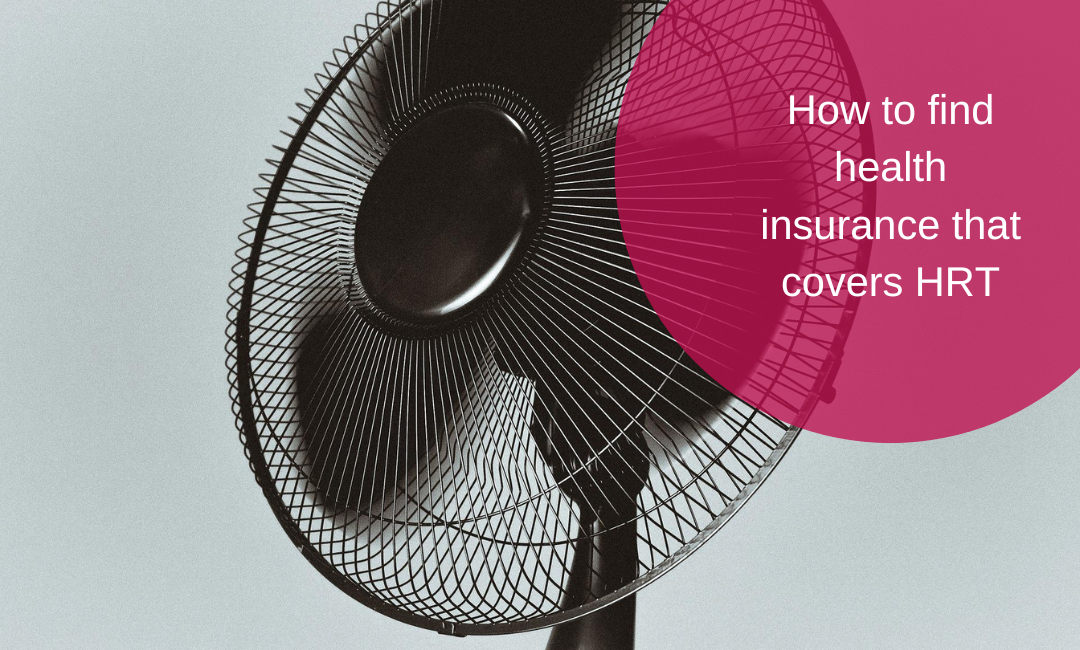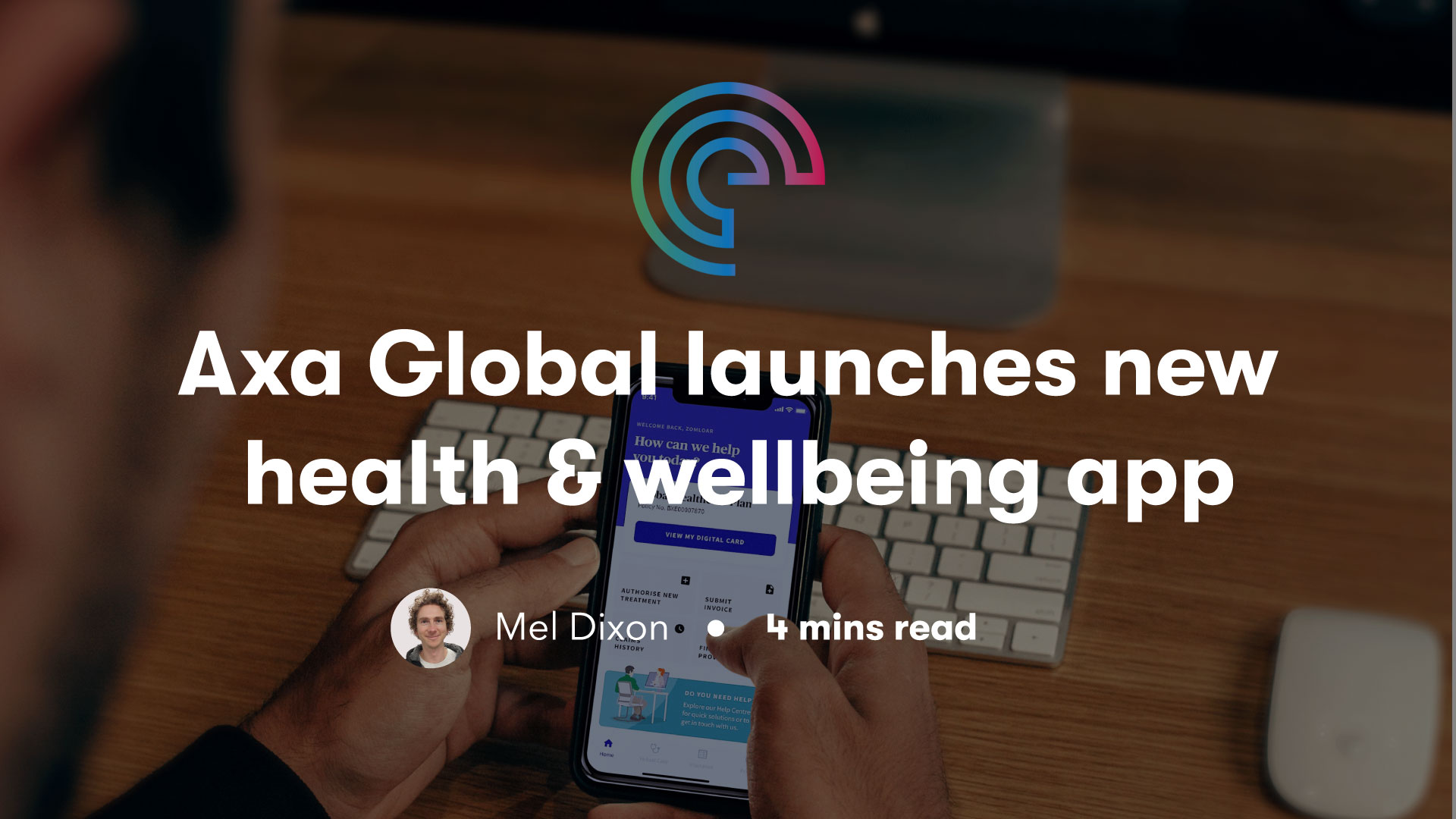At Engage Health Group we get more and more enquiries about HRT and whether it can be covered in a business health insurance policy.
The good news is that, yes, it can but only in certain policies – and we’ll explain which ones in this blog post.
Why the menopause matters
There are approximately 3.5 million women over the age of 50 in the UK workforce. A failure to provide necessary support for those going through the menopause will clearly have a major impact on businesses around the country.
Just a quick glance at the different symptoms experienced by women at this phase of their life reveals how challenging it can be for them, both personally but also in the workplace.
Potential symptoms of the menopause include:
- Hot flashes
- Tiredness
- Inability to sleep
- Heart palpitations
- Itchy skin
- Low sex drive
- Brain fog
- Poor memory
- Night sweats
- Joint pain
- Mood alterations
- Anxiety
- Trouble concentrating
For many it can feel like they’re being bombarded by a variety of physical and psychological symptoms. Anything that a company can do to cater for their needs at this time – in a sensitive way – can make a major difference.
There are a number of different estimates as to the amount of women that stop working due to the menopause, but the latest report by the Fawcett Society calculated that 330,000 women between 45-55 have quit work because of it. And many have cited a lack of workplace support as a key reason.
It’s no wonder then that many businesses are seeking out health insurance that covers HRT.
Engage Health Group is a health insurance broker with expert knowledge covering the whole employee benefits marketplace. We pride ourselves on alleviating the strain on HR teams by being their single point of contact for all issues related to employee benefits and health insurance policies. Contact our team for a FREE consultation.
What can workplaces do?
Apart from investing in health insurance that covers HRT and other support mechanisms, there are simple adjustments that workplaces can make to cater for those going through the menopause.
For example, offering remote/flexible working options or adjusting the workplace environment where appropriate – could you provide easier access to washrooms? Or provide fans for people affected?
Most importantly, employers and HR need to have an open ear and provide a space for people to discuss these issues in the knowledge that they’ll be listened and understood.
All of the above is vital. However, there’s even more that companies can do to support their staff via health insurance policies that cover HRT free-of-charge.
How to find health insurance that covers HRT
There’s good news and bad news.
The bad news is that a standard Group Health Insurance policy does not include Hormone Replacement Therapy (HRT). On the plus side, an International Health Insurance plan will usually provide cover.
Global Health Insurance comes at a significantly higher price than a standard Health Insurance scheme – because of its global coverage and the greater features included within it.
So, if you’re a company with a global footprint, it’s important that if you have a health insurance policy – or are looking to invest in one – that you choose a single international scheme and not a patchwork of separate health policies drawn up in different countries. This will be more cost-effective while giving you access to a far wider array of treatments (which includes HRT) and other health-related services.
As a health insurance broker with specialist expertise in the international market we can advise you on the different international policies available, including price points and inclusions/exclusions.
Among the UK insurers providing international plans, are:
- Bupa Global
- AXA Global Health
- April International
- Freedom Worldwide
- Integra Global
- Cigna Global
And many more.
If you’d like FREE one-to-one advice from our team of international insurance brokers, simply use the contact form on the right. Alternatively, Tel: +44 (0)1273 20974419. We’ll be happy to take all your questions.
Other ways of providing HRT and menopause support
Even if it’s not possible to find health insurance that covers HRT, there are other ways to provide support. For example, Bupa provides a standalone ‘Menopause Plan’ which provides one-to-one consultations with a GP, access to tests/scans and further support thereafter. They may also prescribe HRT if it’s deemed necessary and safe by its specialists.
But it’s worth noting how Business Health Insurance policies can provide extra support beyond HRT coverage too.
For example, most health insurance policies – including UK and international plans – come packaged with an Employee Assistance Programme (EAP). EAPs are designed to provide support and guidance on general wellbeing, with tools designed to tackle various psychological and emotional issues experienced by employees whether it’s related to family, finances, health, or any other issue. EAPs can include one-to-one counselling sessions/talking therapies and are made available on a digital portal to team members.
An International Employee Assistance Programme provides much the same service, except it makes it available globally and across different languages – and ensures a link-up with health specialists in the appropriate part of the world.
Another option to consider is a Health Cash Plan. This form of insurance covers routine health needs but also includes consultations with specialists, access to counselling sessions, diagnostics and a 24/7 helpline – all of which can be of use for women experiencing the menopause.
Summary: HRT coverage can help, but listening is key
As you can see, there is a way of investing in health insurance that covers HRT. While this is incredibly helpful (it costs an average of more than £100/year for those living in England), there are other ways of providing support with wider symptoms experienced during the menopause.
Helping employees requires a range of approaches and therefore should be an important consideration within a company’s corporate wellness strategy.
And don’t forget: listening to the needs of those experiencing menopause symptoms and providing help where it’s needed most is perhaps the most important thing a company can do.
Need help with your corporate wellness strategy? Engage Health Group provides advice incorporating the whole health and wellbeing landscape. Contact us using the form on the right.
Further reading: Understanding the impacts of menopause in the workplace









